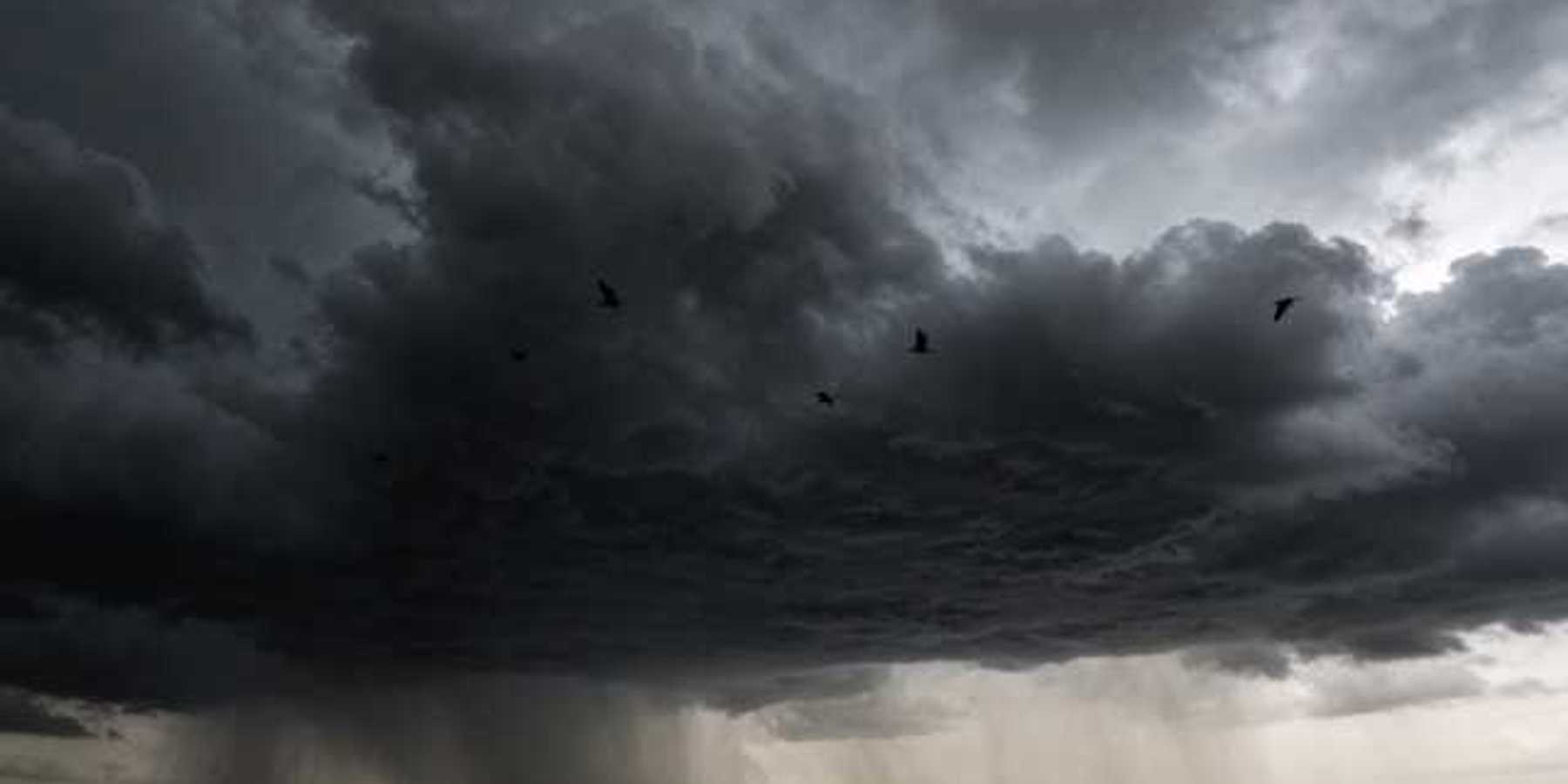22 April 2024
Disaster restoration workers face health risks from exposure to toxins
Workers in the disaster restoration industry are reporting significant health issues from exposure to dangerous substances while cleaning up after natural disasters.
In short:
- Disaster restoration workers, primarily Latino immigrants, face severe health risks from toxins like asbestos, lead and mold in poorly regulated conditions.
- Incidents include a worker being temporarily blinded and another left in a coma due to job site accidents; long-term effects include respiratory issues and headaches.
- A joint investigation highlights systemic issues in safety regulations and the industry's response to protecting its workers.
Why this matters:
Without strict safety protocols and proper protective equipment, disaster responders may unknowingly be exposed to these substances, jeopardizing their health in both the short and long term. This risk is compounded by the urgent nature of their work, which can sometimes lead to corners being cut on safety measures.
Be sure to read Brian Bienkowski’s 2017 piece arguing that low doses of the most ubiquitous toxics are hurting people—updating how we test and regulate could save lives.












